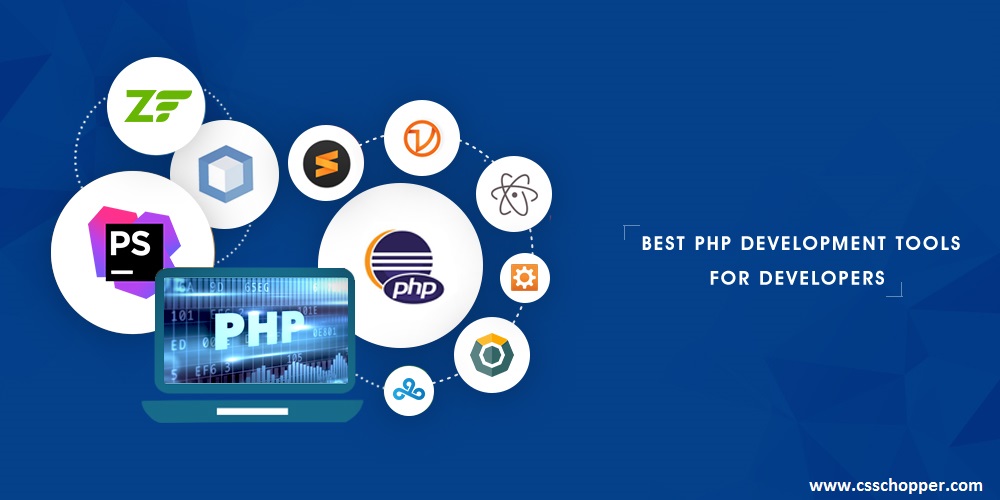The 23rd World Insights
Exploring the untold stories and events from around the globe.
PHP Development Wizardry: Crafting Code Like a Pro
Unlock the secrets of PHP development and master the art of coding like a pro! Discover tips, tricks, and wizardry for every developer.
Mastering PHP: Essential Tips and Tricks for Developers
When it comes to mastering PHP, understanding its core principles is crucial for every developer. One of the best tips is to always adhere to the DRY (Don't Repeat Yourself) principle. This means writing code in a way that minimizes repetition. By using functions and classes judiciously, you can create reusable code that saves time and enhances productivity. Additionally, take advantage of PHP frameworks like Laravel or Symfony, which provide pre-built modules and help streamline development. Remember to keep your code clean and well-documented to make collaboration easier.
Another essential aspect of mastering PHP is staying updated with the latest features and trends. PHP has evolved significantly over the years, and new releases often introduce powerful functionalities that can improve your development process. Here are a few essential tips:
- Use Composer for dependency management to keep your libraries organized.
- Implement error handling with try-catch blocks to enhance code reliability.
- Explore PHP's built-in functions that can simplify tasks and improve efficiency.
By staying informed and continuously honing your skills, you can elevate your PHP development capabilities.

Common PHP Pitfalls: How to Avoid Mistakes in Your Development Journey
When diving into PHP development, it's easy to encounter common pitfalls that can derail your project. One of the most frequent mistakes is neglecting data validation. Failing to validate user input can lead to security vulnerabilities such as SQL injection and cross-site scripting (XSS). Always make sure to implement thorough validation checks using functions like filter_var() or htmlspecialchars(). By prioritizing security and ensuring that only clean data enters your system, you can significantly reduce the risk of these threats.
Another common error is inadequate error handling. Many developers overlook the importance of managing errors effectively, leading to debugging nightmares. Use PHP's built-in error handling functions such as try-catch blocks and set_error_handler() to catch and address errors gracefully. Additionally, consider using logging mechanisms like error_log() to keep track of issues that may arise in production. Proper error management not only helps you catch problems early but also enhances your application's reliability.
How to Optimize Your PHP Code for Better Performance
Optimizing your PHP code is essential for enhancing the performance of your web applications. Start by utilizing built-in functions instead of writing custom implementations. Built-in functions are often optimized for speed and resource efficiency. Furthermore, make use of caching mechanisms like OPcache to store the compiled bytecode of your scripts, significantly reducing the execution time for subsequent requests. Another crucial step is to avoid unnecessary database queries; employ techniques such as database indexing and prepared statements to speed up data retrieval and protect against SQL injection attacks.
In addition to caching and minimizing database queries, always remember to keep your PHP version up to date. Each new version comes with performance improvements and security enhancements. Leverage modern PHP features such as type declarations and strict typing to catch potential issues early in the development process. Finally, regularly profile your application using tools like Xdebug or Blackfire to identify bottlenecks and optimize those specific areas for greater overall performance.